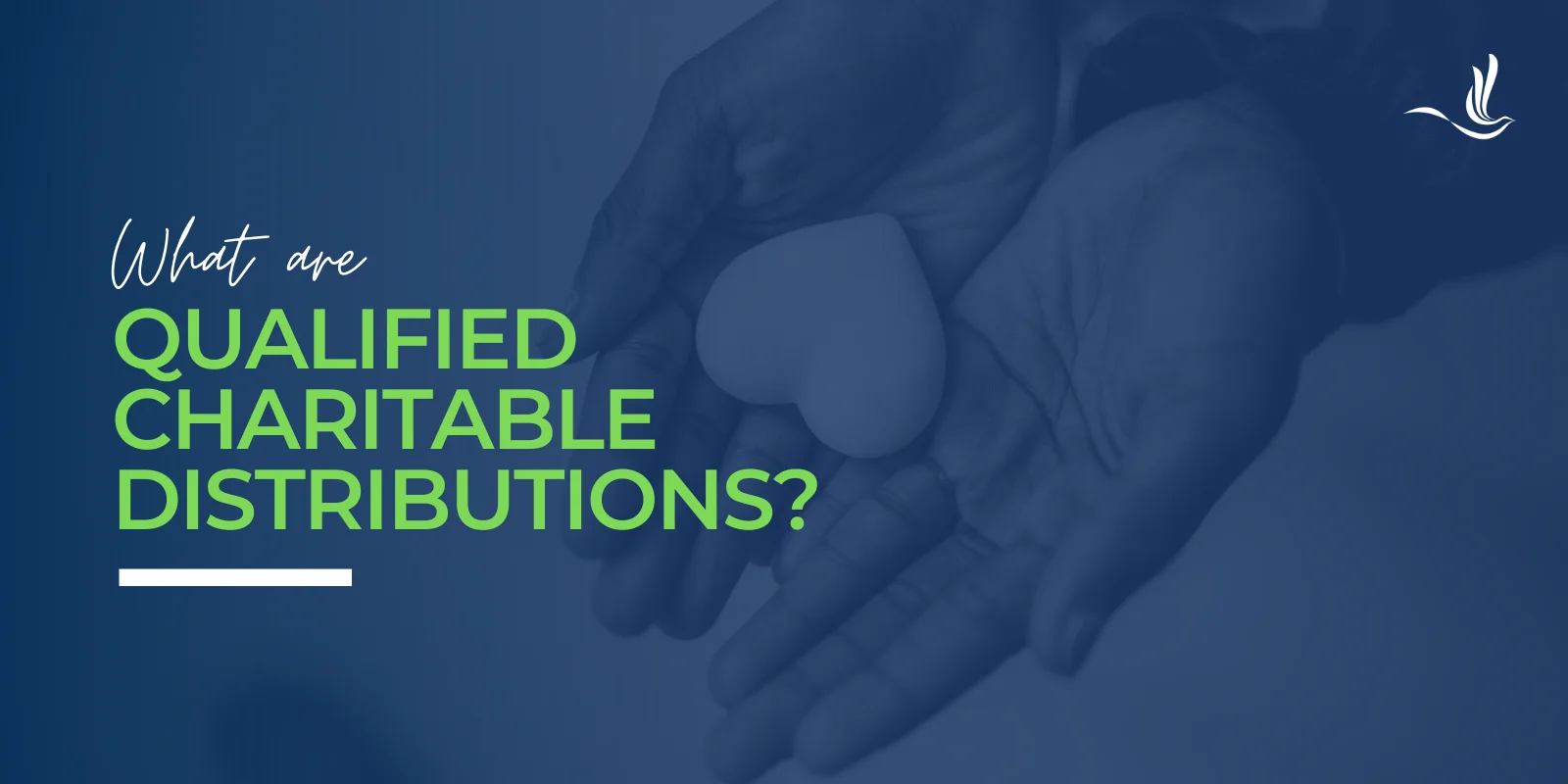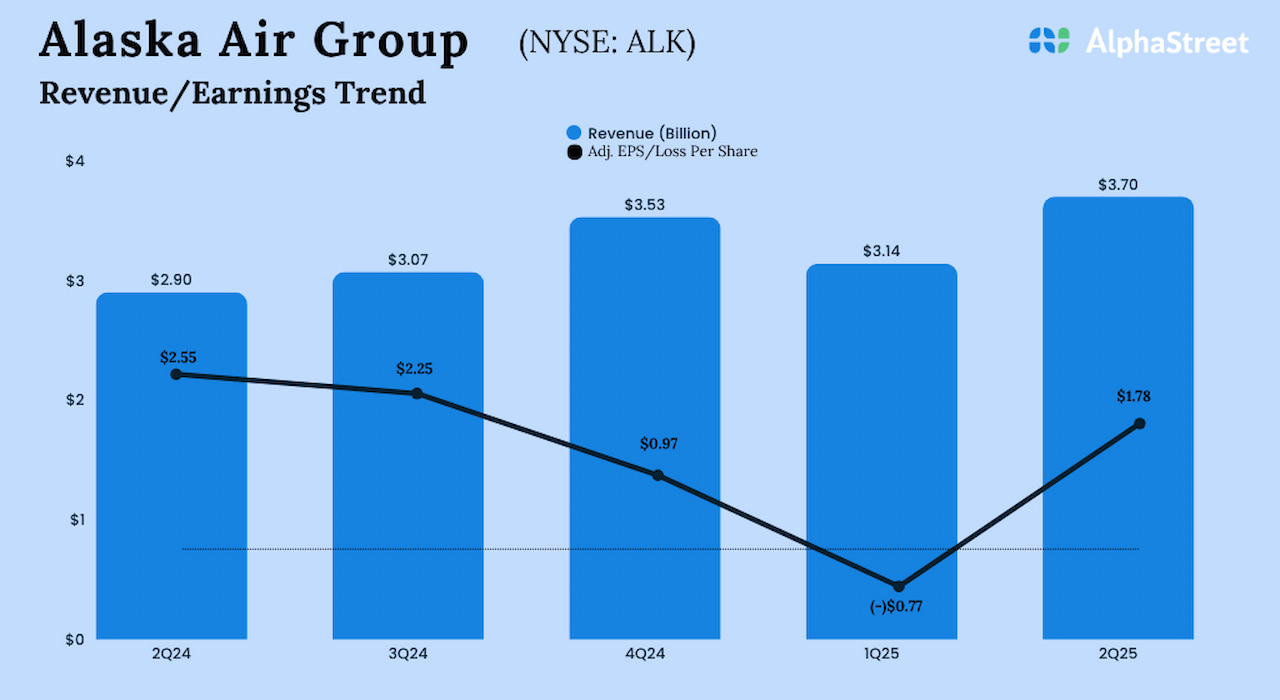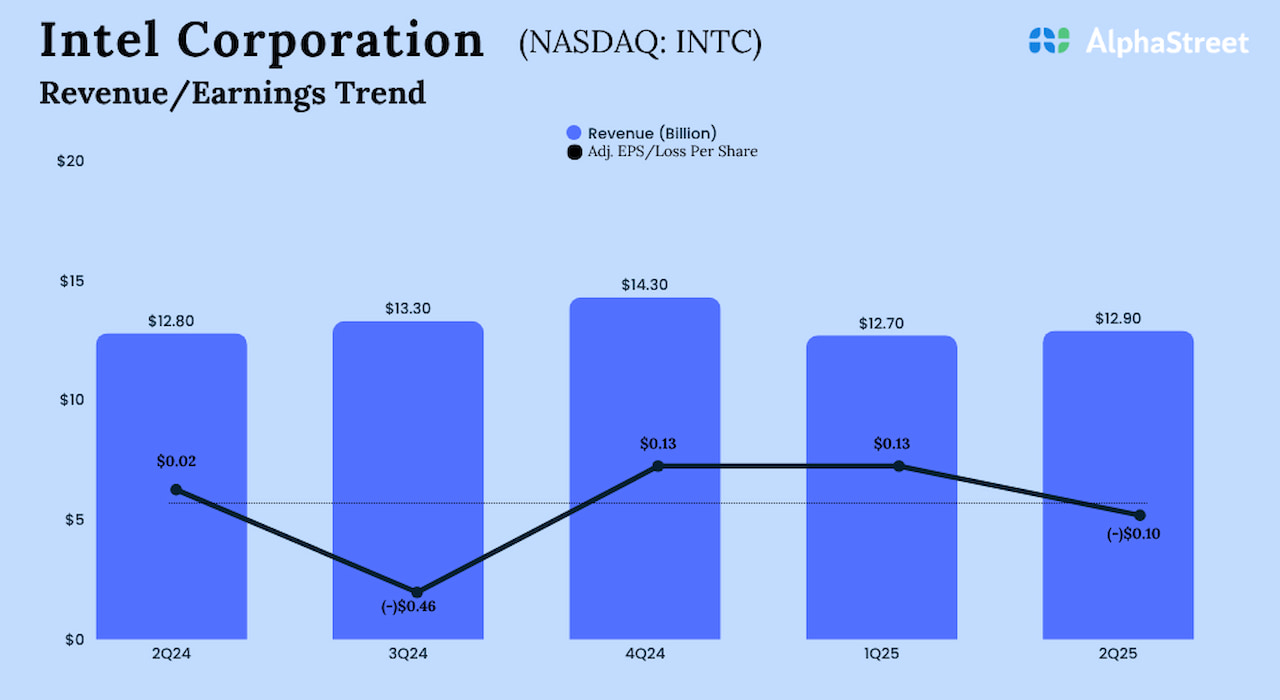The One Big Beautiful Bill Act (OBBBA) alters several components of the US international corporate taxA tax is a mandatory payment or charge collected by local, state, and national governments from individuals or businesses to cover the costs of general government services, goods, and activities.
regime, including the base erosion and anti-abuse tax (BEAT). Originally implemented under the 2017 Tax Cuts and Jobs Act (TCJA), BEAT is an alternative minimum tax that targets multinational corporations with high amounts of tax deductions in categories thought to be associated with shifting their profits outside of the US to avoid paying American corporate income taxA corporate income tax (CIT) is levied by federal and state governments on business profits. Many companies are not subject to the CIT because they are taxed as pass-through businesses, with income reportable under the individual income tax.
.
While appropriate measures should be taken to prevent profit shiftingProfit shifting is when multinational companies reduce their tax burden by moving the location of their profits from high-tax countries to low-tax jurisdictions and tax havens.
, the actual mechanics of BEAT are misaligned with this intention. Though Congress considered significant changes to BEAT in the OBBBA, these changes ultimately fell out of the final package, leaving a flawed measure similar to the one that currently exists.
BEAT correctly identifies payments in accounting categories likely associated with profit shifting—namely, interest royalties, or other payments related to “intangible” assets. It labels payments in these categories as “base erosion payments.” However, it does not consider whether the base erosion payments go to a jurisdiction with a high effective tax rate. If a payment goes to a high-tax jurisdiction, that would indicate that the transfer is not for the purpose of tax avoidance, and indeed, likely reflects economic substance.
BEAT has been a considerable factor for multinational companies doing business within the United States, disincentivizing them from putting their capital to use within our borders. This tax also falls more harshly on foreign companies contemplating foreign direct investment, as they are more likely to have more cross-border payments.
Basics of BEAT
Companies with average annual receipts of at least $500 million and at least 3 percent of their total deduction comprised of base erosion payments are subject to BEAT at a minimum rate set by statute. The rate set by the TCJA was 10 percent, with a scheduled rise from 10 percent to 12.5 percent beginning in 2026. This scheduled change was an effort to make the TCJA comply with the long-run deficit-neutral requirements of the Senate’s reconciliation process. This hike would have posed a greater burden to cross-border business and further dissuaded foreign investment. In addition, BEAT was set to exclude more US corporate income tax credits from its base.
The OBBBA set the BEAT rate at 10.5 percent (higher than the previous rate of 10, though lower than the scheduled increase to 12.5). Additionally, it extends the current-policy applicability of US credits to BEAT. Ultimately, BEAT changed very little; however, proposed changes to BEAT in earlier drafts of the OBBBA show competing visions of how the policy might be modified.
Section 899 Employed BEAT as a Punitive Tool
One change to BEAT discarded in the final bill came mostly from the House. The first House version of the act enhanced and weaponized BEAT against certain countries in conjunction with another legislative proposal, the “Enforcement of Remedies Against Unfair Foreign Taxes,” also known as Section 899. These two provisions came from prior legislation written by two House members, each of whom had an idea for a retaliation measure against unfair foreign taxes. Section 899 aimed to levy additional charges against individuals and corporations from countries with certain taxes that Congress views as either extraterritorial or discriminatory toward the United States. It would have imposed both higher income and withholdingWithholding is the income an employer takes out of an employee’s paycheck and remits to the federal, state, and/or local government. It is calculated based on the amount of income earned, the taxpayer’s filing status, the number of allowances claimed, and any additional amount the employee requests.
taxes, and tightened BEAT on the offending countries.
Countries subject to the tightened BEAT would find their corporations paying a BEAT rate of 12.5 percent rather than the 10 percent in the rest of the House bill; the bill would also get rid of the $500 million receipts threshold and deny even more US tax credits for the corporations of applicable countries. These increases would have been very harmful to international commerce, though they certainly would have pressured foreign governments to alter their tax policies.
The removal of the receipts threshold was illustrative of the motivation behind the bill. Normally, a de minimis exemption from minimum taxes for smaller companies is simply good policy, as the actual revenue generated from such companies by this tax would be meager compared to the compliance burden it would inflict. However, very much intentionally, BEAT under Section 899 revoked this exemption.
Overall, the message was clear: the provision was intended to be extremely punitive, even if it would considerably damage the US economy as well as the foreign firms it would target. If Section 899 became law, BEAT would treat foreign firms investing in the US harshly, and, indeed, it would deliberately become even harsher in the case of extraterritorial or discriminatory taxes.
The Senate softened the House version only slightly at first, for example, by adding a longer grace period before the retaliation would apply. Fortunately, the US and other members of the G7 reached an agreement where the US would remove Section 899 from the legislation and in exchange for an exemption from the extraterritorial undertaxed profits rule (UTPR). In a subsequent Senate draft, Section 899 was removed.
The Lost Promise of the High-Tax ExemptionA tax exemption excludes certain income, revenue, or even taxpayers from tax altogether. For example, nonprofits that fulfill certain requirements are granted tax-exempt status by the Internal Revenue Service (IRS), preventing them from having to pay income tax.
One notable omission from the final legislation was an element present in a previous Senate draft: an exemption for payments to high-tax jurisdictions. As a profit-shifting deterrent, BEAT should, in principle, not target legitimate economic activity. A high-tax exemption would have helped ensure that, and an early Senate draft showed one way to do this, proposing an exemption from BEAT for payments to countries where the taxpayer faces a rate higher than 90 percent of the US rate (18.9 percent under both the draft and current law). This exemption would have been revoked in the case of companies subject to Section 899, which was also in that version of the draft. However, the Senate draft would have made BEAT harsher in other respects, changing some thresholds and increasing the rate to 14 percent.
This change showed a version of BEAT closer to the stated purpose of the tax: it would attempt to define “base erosion payments” in a way more targeted at actual base erosion. However, the Senate’s changes did not hold up in subsequent versions of the bill.
The likely reasoning for the Senate discarding the high-tax exemption is that it would have forgone too much revenue, according to scoring by the Joint Committee on Taxation (JCT). Additionally, calculating the tax rate in the country that payments are sent to would not have been administratively easy; country-by-country calculations are notoriously difficult, and the US rules for calculating a tax rate would be different from each country’s domestic rules.
BEAT’s Present and Future
Ultimately, Congress prevented most of the scheduled increase to BEAT but failed to provide an exemption for payments subject to sufficient tax. The result is policy marginally more business-friendly than pre-OBBBA law, but still clearly imperfect. At the same time, though, negotiations prevented further weaponization of BEAT against international commerce.
Some geopolitical tax grievances remain, including digital services taxes (DSTs), which were part of the impetus for Section 899. But compromise is preferable to rigid, punitive tax retaliation. Ideally, in the future, a high-tax exemption might be considered again, perhaps in conjunction with other countries eliminating some of their discriminatory measures. BEAT functions as a quasi-tariffTariffs are taxes imposed by one country on goods imported from another country. Tariffs are trade barriers that raise prices, reduce available quantities of goods and services for US businesses and consumers, and create an economic burden on foreign exporters.
on intellectual property held elsewhere, and is therefore in some respects like the DSTs that Section 899 was intended to oppose.
Though the OBBBA ultimately did not change BEAT much, it produced several alternative ideas for an important component of the United States’ international tax regime. BEAT could lean into its harsher qualities as a deterrent against practices the US opposes, or it could exempt high-tax countries to serve as a more focused base erosion measure.
Lawmakers should be cautious about subjecting favorable economic activity, like foreign direct investment, to disciplinary tax policy. Section 899 achieved one of its intended aims as a threat alone. This allowed it to be removed without causing damage. But US and European lawmakers should continue negotiating over discriminatory elements of BEAT or DSTs that remain. Even when international relations are frayed, there is value in finding ways to combat corporate profit shifting while also fostering a healthy commercial atmosphere and positive trade relations.
Stay informed on the tax policies impacting you.
Subscribe to get insights from our trusted experts delivered straight to your inbox.
Subscribe
Share this article


























